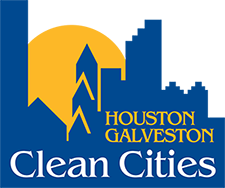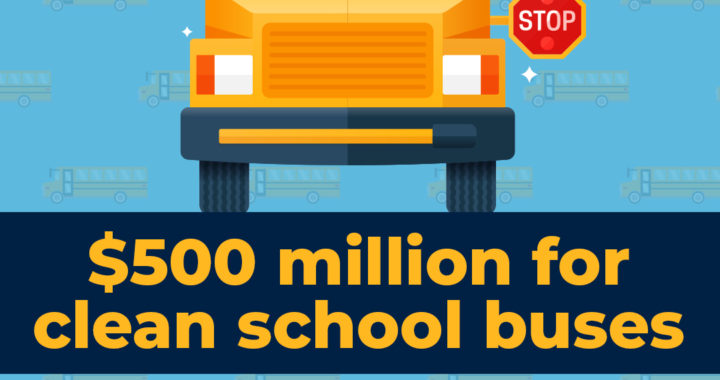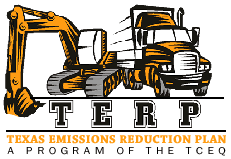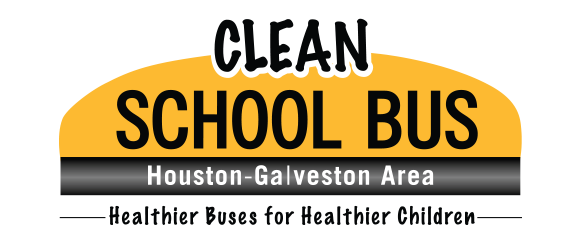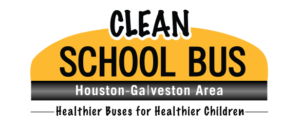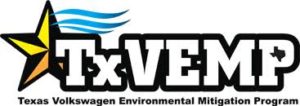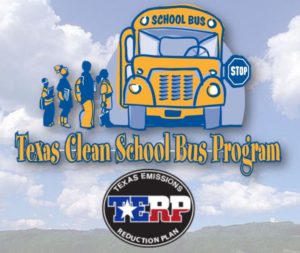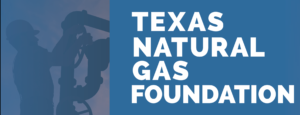The Bipartisan Infrastructure Law of 2021 authorizes EPA to offer rebates to replace existing school buses with clean and zero-emission (ZE) models. The 2022 Clean School Bus (CSB) Rebates process includes SAM.gov account registration, application submission, review and selection by EPA, purchase order submission and request for payment, payment receipt, new bus delivery and old bus re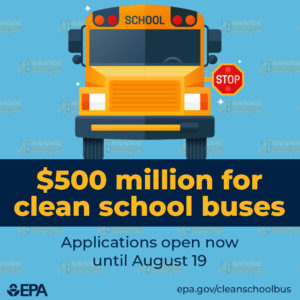 placement, and close out.
placement, and close out.
Eligible Applicants
The following entities are eligible to apply for EPA school bus rebates:
- State and local governmental entities that provide bus service
- Public school districts, including charter schools, with an NCES District IDEXIT EPA WEBSITE are eligible to apply directly for funding.
- Most State governmental entities would not be eligible to apply, but some, like South Carolina, own bus fleets and would be eligible.
- Eligible contractors – Eligible contractors are for-profit, not-for-profit, or nonprofit entities that have the capacity to (1) sell clean or ZE school buses or related charging or fueling infrastructure to school bus owners or (2) arrange financing for such a sale.
- School bus dealers and original equipment manufacturers (OEMs) that meet these criteria are eligible contractors.
- Nonprofit school transportation associations
- Indian tribes, tribal organizations, or tribally controlled schools responsible for the purchase of school buses or providing school bus service for a Bureau of Indian Affairs (BIA) funded school
Private school bus fleets cannot apply directly for funding. However, eligible applicants listed above can enter into a contractual arrangement with a private fleet that owns and operates buses to replace buses that serve a public school district.
A goal of the Clean School Bus program is to provide opportunities for as many eligible applicants as possible to participate. We understand that there may be questions about a school district’s eligibility to participate in the 2022 CSB Rebates. If interested applicants have questions about their eligibility after reviewing this webpage and the Program Guide they should contact cleanschoolbus@epa.gov with their specific question.
Note: EPA will be providing additional funding opportunities in the near future and your input will be valuable in helping us design those programs to be as inclusive and effective as possible.
Eligible Old School Buses to be Replaced
To be eligible for replacement, old school buses must:
- Be vehicle model year 2010 or older diesel-powered school buses that will be scrapped if selected for funding
- If a fleet has no eligible 2010 or older diesel school buses and is requesting zero-emission school bus replacements, the fleet can either:
- Scrap 2010 or older non-diesel internal combustion engine buses; or
- Scrap, sell, or donate 2011 or newer internal combustion engine buses
- If a fleet has no eligible 2010 or older diesel school buses and is requesting zero-emission school bus replacements, the fleet can either:
- Have a Gross Vehicle Weight Rating (GVWR) of 10,001 lbs. or more
- Be operational at the time of application submission – Able to start, move in all directions, and have all operational parts
- Have provided bus service to a public school district for at least 3 days/week on average during the 2021/2022 school year at the time of applying, excluding COVID-related school closures
Eligible New Replacement Buses
To be eligible as a replacement, new buses must:
- Have a battery-electric, CNG, or propane drivetrain
- Be EPA certified vehicle model year 2021 or newer
- Have a Gross Vehicle Weight Rating (GVWR) of 10,001 lbs. or more
- Not be ordered prior to receiving official notification of selection for EPA funding
- Be purchased, not leased or leased-to-own
- Serve the school district listed on the application for at least five years from the date of delivery
For a complete list of eligibility requirements for new buses, see the Program Guide.
Available Funding
- Applications can request funds for replacing up to 25 buses.
- For the 2022 CSB Rebates, EPA anticipates offering $250 million for clean school buses and $250 million for zero-emission school buses. EPA may award more funding depending on demand and other considerations.
- School districts applying directly for funds may only submit one application
- Other eligible applicants may submit multiple applications, but each application must be for buses serving a different school district. EPA will not fund multiple applications for bus replacements that will serve the same school district.
- The maximum rebate amount per bus is dependent on (1) the replacement bus fuel type, (2) the replacement bus size, and (3) whether the school district served by the buses is prioritized:
Supporting Materials
- 2022 Clean School Bus (CSB) Rebates Program Guide (pdf)
- 2022 Clean School Bus Inventory Sheet (xlsx)
- 2022 Clean School Bus Program Prioritized School Districts (pdf)
- 2022 Clean School Bus Program Prioritized School Districts List (xlsx)
- 2022 Clean School Bus Rebate Forms Application User Guide (pdf)
- 2022 Clean School Bus Rebates Program Overview Flyer (pdf)
